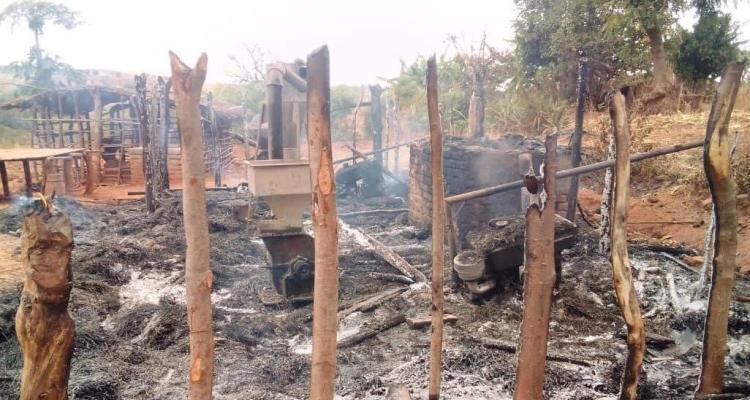
The Advocacy for Alleged Witches calls on South African authorities to implement public education programs that challenge and counteract witchcraft beliefs. This measure has become increasingly essential following the arrest, prosecution, and conviction of individuals involved in attacks and murders of alleged witches in South Africa. The widespread belief that individuals can harm others or cause illness and death through magical means continues to drive people to attack those suspected, often targeting older women.
In July, a high court sentenced seven individuals to life imprisonment for the lynching of two sisters, Nothethisa Ntshamba and Ntombekhaya Ndlanya, accused of witchcraft. According to local media reports, “Lwandiso Mzaza (29), Lufefe Mzaza (28), Yamkela Nonjojo (31), Odwa Nonjojo (34), Anelisiwe Nonjojo (32), Zithini Rhayisa (34) and Mkhonzeni Ngcabangcosi (24) were sentenced on 12 July 2024.” The group allegedly bought petrol in December 2018, plotting to kill those they suspected of witchcraft. As reported by TimesLIVE, they confronted the sisters, stoned them, doused them with fuel, and set them alight. The group also reportedly burned down Ntshamba’s home in the Ngonyama Administrative Area in the EmaXesibeni District.
In a similar incident, police recently arrested seven individuals for killing an elderly woman accused of witchcraft. As reported, these individuals killed the woman on 22 October 2024, accusing her of being responsible for the murder of a 13-year-old girl. The teenager had disappeared, and her body was later discovered, with the community attributing her death to witchcraft and identifying the elderly woman as the culprit. The suspects, all under the age of 45, were scheduled to appear in court on 28 October.
The Advocacy for Alleged Witches commends South African authorities for arresting and prosecuting suspected witch hunters. To end witch persecution, it is essential that witch hunters do not evade justice. Impunity must end, and authorities should ensure that perpetrators face legal consequences. Punishing those who attack and murder suspected witches can serve as a deterrent to others.
However, South African authorities must understand that prosecuting those who attack and kill suspected witches is not sufficient. Witchcraft accusations stem from deeply rooted beliefs and indoctrination, ingrained through socialization and education. It is, therefore, vital to adopt educational measures to address witch-hunting, complementing legal prosecution with awareness programs. The cases have shown that those involved in attacks on suspected witches are predominantly young people under 45, highlighting the need to examine youth education and upbringing in South Africa.
Authorities should consider reviewing the curriculum to include programs that encourage critical and scientific thinking, incorporating lessons and materials that prompt students to question witchcraft beliefs and other superstitions. These educational initiatives should extend beyond schools, colleges, and universities, as many people are influenced by the cultural orientations they receive from their families and communities.
Public enlightenment campaigns should be conducted within communities to inform people that witchcraft allegations lack any basis in reason, science, or reality, and that there is no evidence supporting harmful magic. Clear messages should be conveyed to all, young and old, that witchcraft accusations are baseless. Those who make such accusations should be held accountable. The public should be informed that nobody possesses magical powers to cause illness, death, or make people disappear.
With robust educational initiatives complementing law enforcement, South Africa, along with other African countries such as Malawi—where witchcraft accusations are prevalent—could end witch-hunting, especially against older women.














